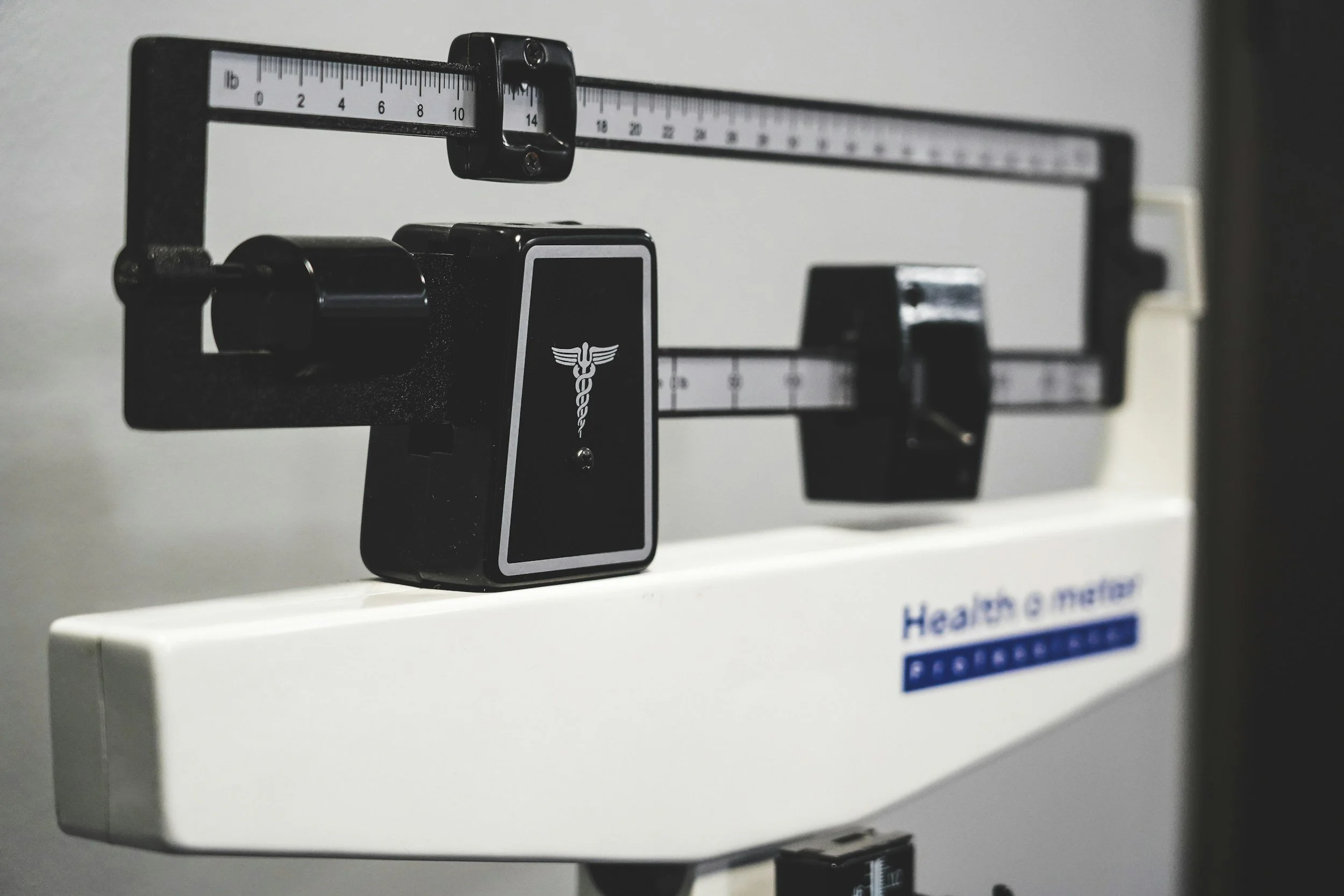When Loved Ones Are Using Weight Loss Drugs: How to Protect Your Mental Health and Stay Rooted in Recovery
When Loved Ones Are Using Weight Loss Drugs: How to Protect Your Mental Health and Stay Rooted in Recovery
Written by Lily Thrope
There’s a unique kind of pain that comes from seeing a loved one pursue weight loss, especially if you’ve worked hard to heal your relationship with food, your body, and your self-worth. For those in eating disorder recovery or moving away from diet culture, the growing popularity of GLP-1 medications like Ozempic and Wegovy presents an emotional minefield. In NYC we see the ads plastered all over the subway. The experience of seeing ads that rely on self-date and desire to change makes me incredibly sad and frustrated. It feels like we jumped back YEARS in the body positivity movement.
Many clients are asking: How do I stay grounded in my values when someone close to me is using a weight loss drug? How do I stop comparing and protect my mental wellness? How can I stay focused on what is important to my pursuit of health which includes, mental, physical and emotional well-being?
These are complicated and deeply personal questions, but you are not alone in navigating them. GLP-1 medications for weight loss do not seem to be going anywhere, and I am sure there will be another medication or procedure that comes after that which relies on self-hate and the belief that you are not enough the way you are and need to change to be worthy of love, life and your desires.
Understanding the Emotional Impact
When someone we love chooses to pursue intentional weight loss, especially through medication, it can feel like a gut punch. Even if they don’t say it directly, it might feel like their choice is a reflection on your decision not to pursue weight loss or a judgment on your personal choices of how to care for your body. It can feel like they’re saying, “Smaller is better. Shrinking yourself is more valuable than pursuing health.” It can feel like you are not prioritizing your health by not pursuing thinness, but more often than not the pursuit of thinness is less about health and more about perception.
But the truth is more complicated.
People who turn to these medications are often reacting to the same diet culture wounds you’re healing from. They’re navigating a world that equates thinness with worthiness, and many are just trying to find relief. That doesn’t mean their choices don’t sting, but remembering that their behavior is about them, not you, can help soften the blow. Taking any step towards intentional weight loss often has a long backstory. These decisions can be made out of a wearing down over time of one's confidence and self worth.
Practice Radical Acceptance
The first tool for navigating this situation is acceptance. Not of the diet culture itself, but of the fact that others will make different choices than you. Often people are under the guise that these decisions will improve their health, happiness and confidence. It is much harder to see the impact of these choices on a large scale. Seeing people be promised a certain body or look based on these potentially harmful choices is painful. Their decisions to pursue intentional weight loss don’t have to mean anything about you or your healing.
Affirm to yourself:
“I am choosing a different path, and that’s okay.”
“Their journey is not my responsibility.”
“Only I know what’s right for my body.”
Saying these things aloud, especially in the presence of a supportive friend, therapist, or group, can help anchor you in your truth. A practice of Radical Acceptance can take time and patience to develop. This is a great skill in Diaclectical Behavior Therapy that we love to use for body image work.
Cultivate Supportive Community
Comparison thrives in isolation. When we feel alone in our choices, it’s easier to spiral into self-doubt. Social media can be a really isolating place and can increase negative feelings towards the self. That’s why building or finding community is essential, especially a community that supports your values around body neutrality, food freedom, and healing.
This is exactly why I created Recovery Supper Club, a monthly dinner in NYC for folks in eating disorder recovery, chronic dieters, and anyone healing their relationship with food. The idea is simple but powerful: a table free of body talk, food judgment, and shame. Just connection, nourishment, and the reminder that life is about so much more than weight or appearance. We laugh, connect and share mutual experiences of living in New York City.
Whether it's a group like this, a virtual community, or a close-knit circle of friends who "get it," community gives you strength. It reminds you that you’re not alone, and that it’s possible to live a rich, connected life without shrinking yourself. It also encourages you to take up space exactly as you are. You can even experience being celebrated by others.
Choose Your Peace
In a world obsessed with weight loss, it’s brave to choose self-acceptance. It’s radical to say, “I don’t need to change my body to be worthy.” So when someone close to you takes a different path, try to hold both empathy and boundaries.
You don’t have to agree. You don’t have to follow. And you certainly don’t have to shrink yourself to belong. You get to choose for you!
You can stand firm in your recovery. You can choose your peace. You can choose pursuit of health that is defined by you.
And if you need a reminder: there are others walking this same path, choosing presence over perfection, and connection over comparison. You are not alone.
If you want to learn more about staying rooted in recovery in the era of weightloss drugs, consider speaking to a professional. Feel free to reach out to us at Thrope Therapy and schedule your free 15 minute consultation.You can email us with any questions or inquiries at hello@thropetherapy.com. We look forward to hearing from you!




